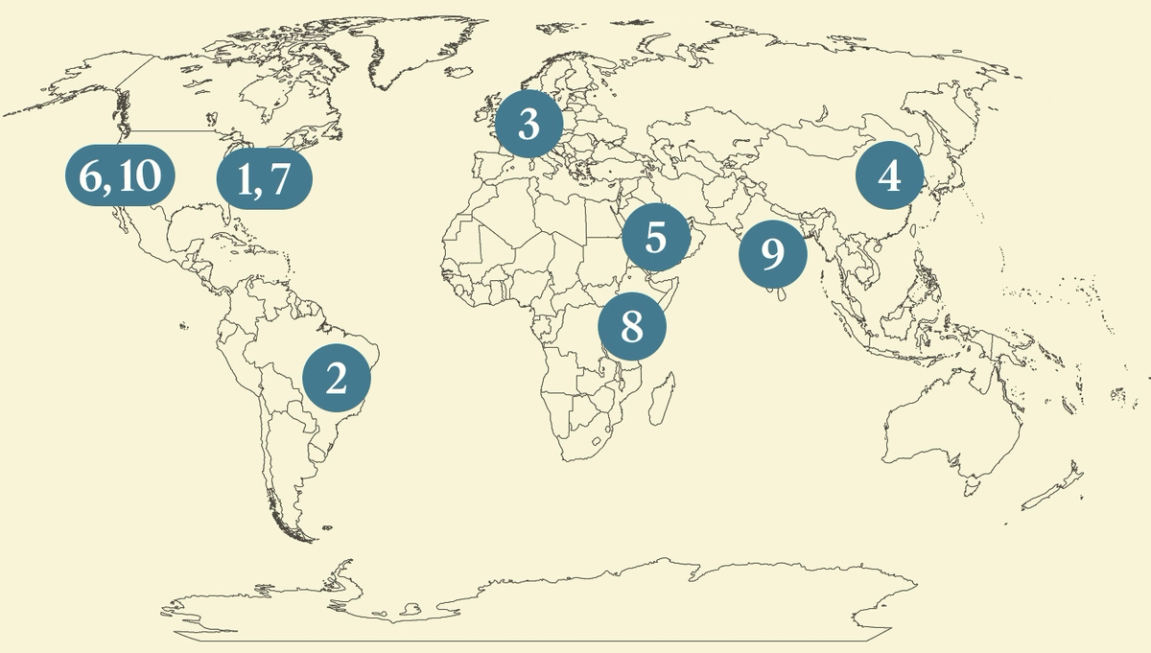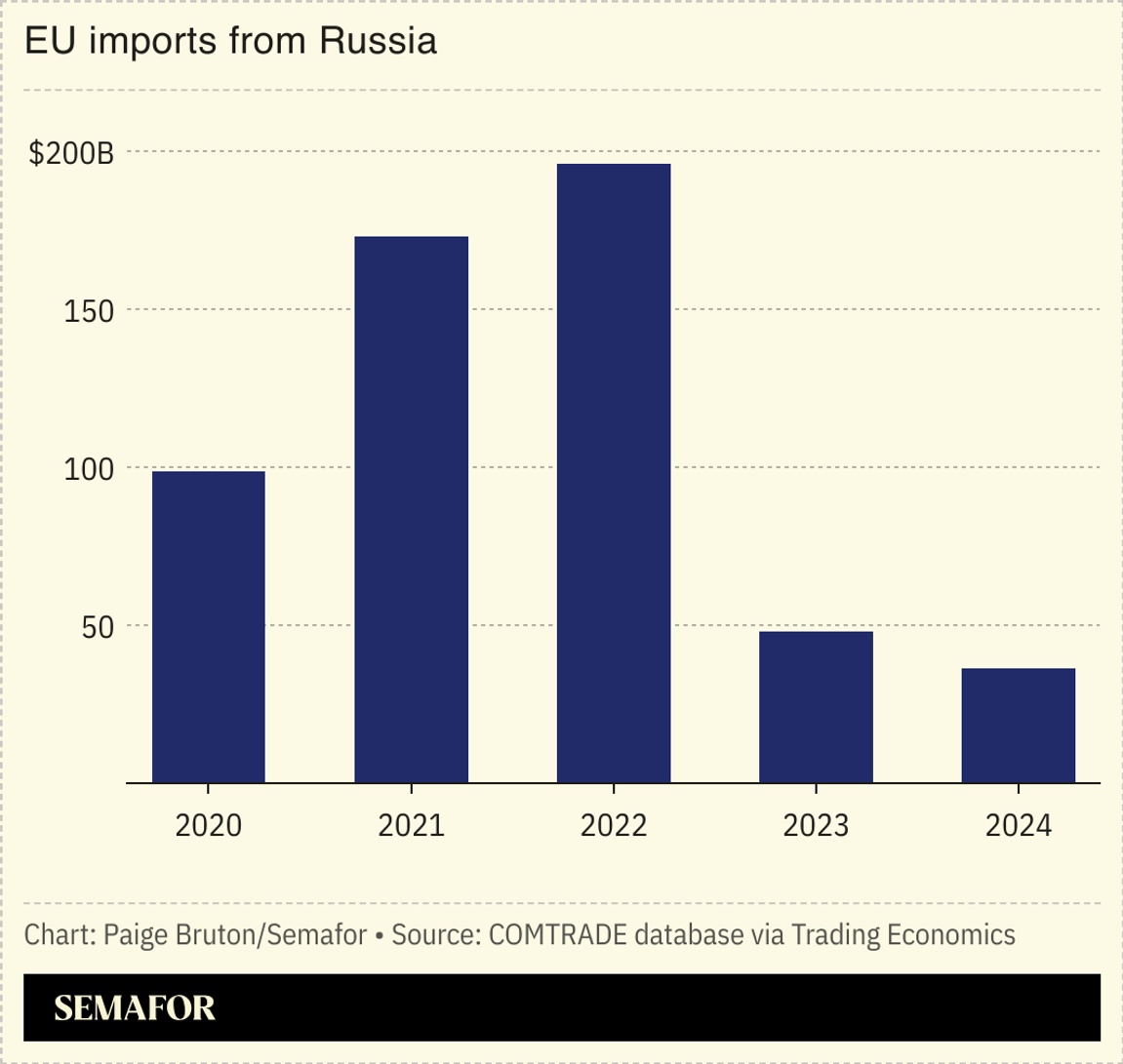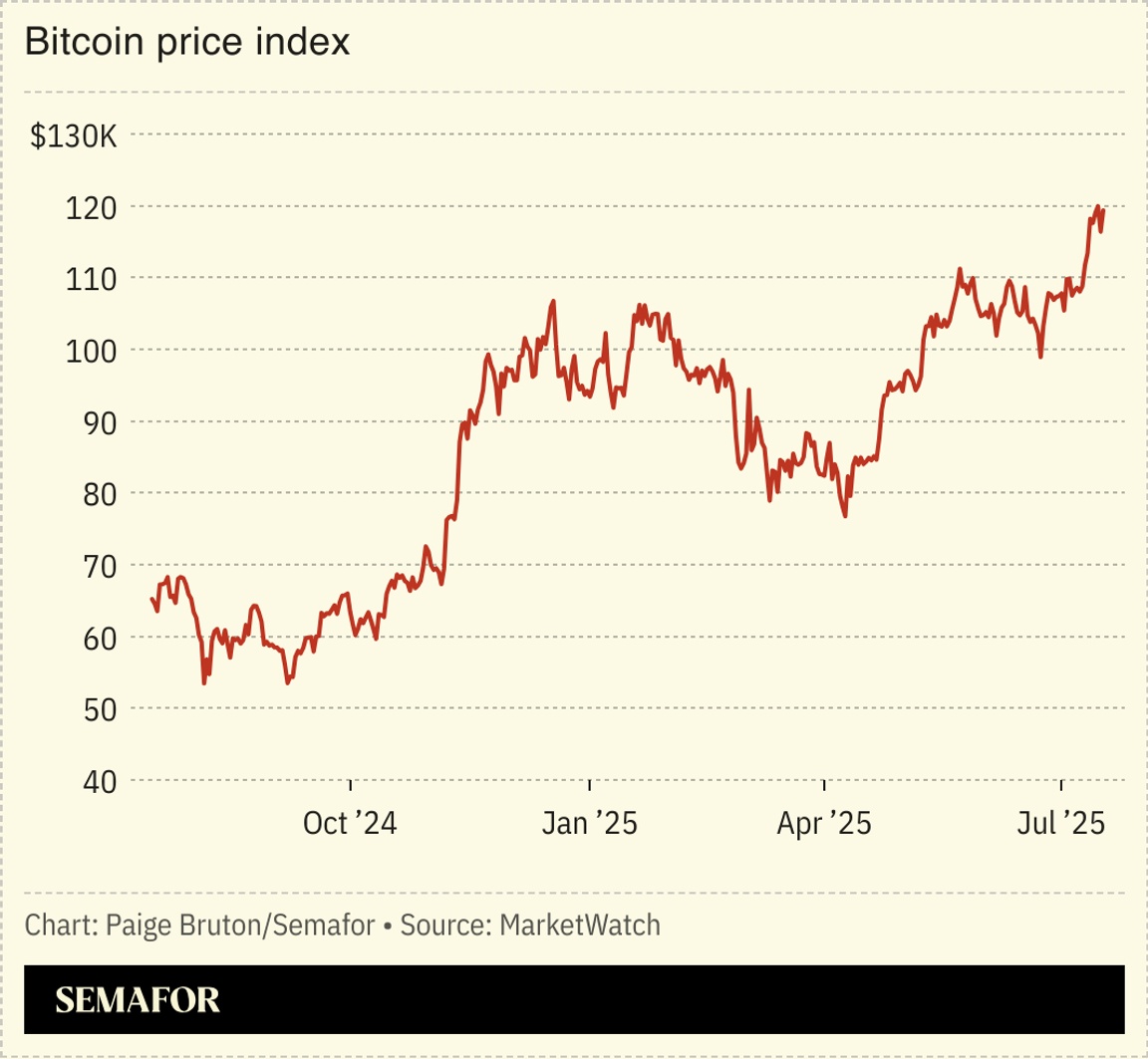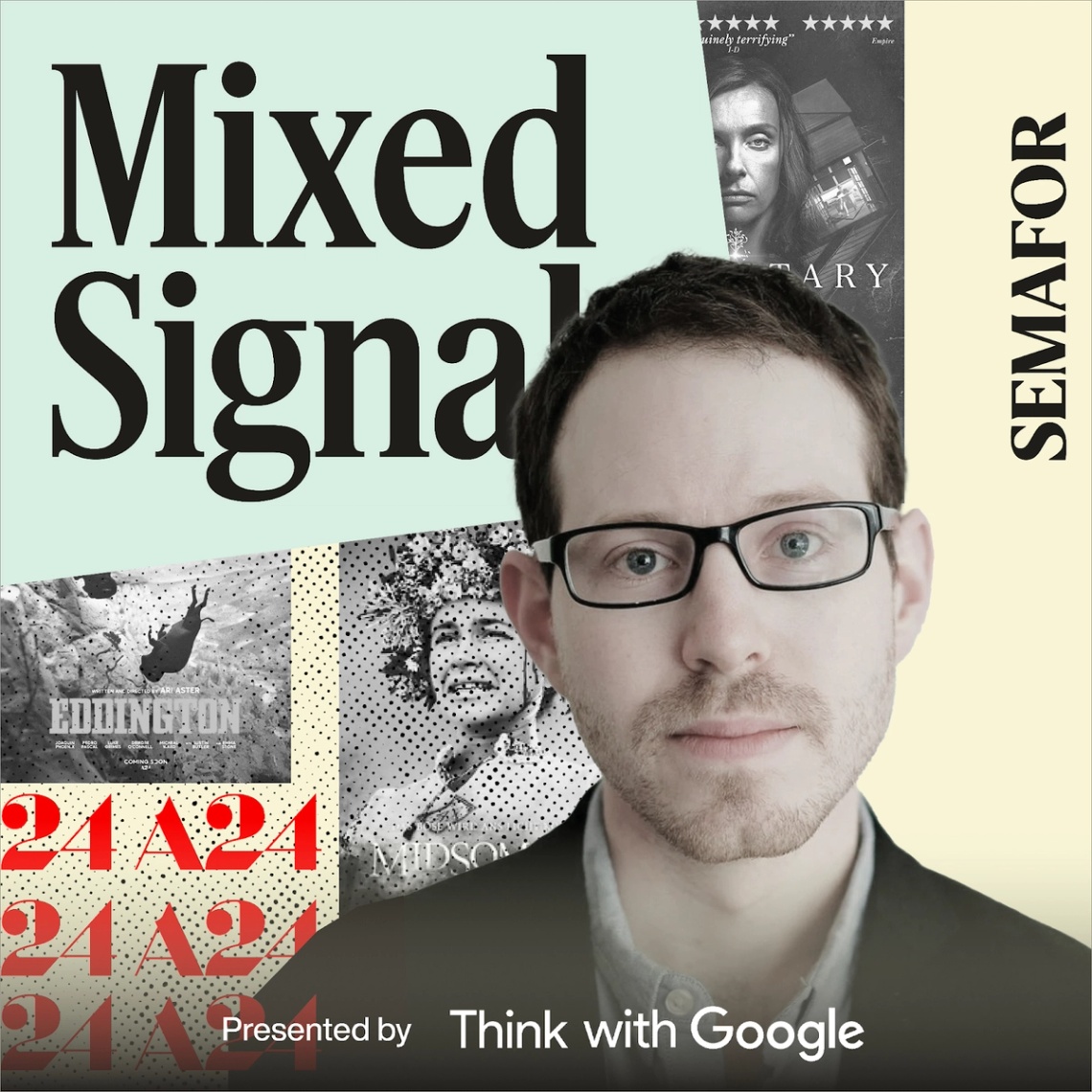| | Trump calls for the release of Epstein files, the EU agrees new Russia sanctions, and India becomes ͏ ͏ ͏ ͏ ͏ ͏ |
| |  | Flagship |  |
| |
|
The World Today |  - Trump’s Epstein move
- US-Brazil row worsens
- EU gets tough on Russia
- US blocks China investment
- Saudi fund considers cuts
- AI bubble warning
- Crypto regulatory overhaul
- Climate compensation call
- India’s French fry industry
- Netflix uses AI effects
 The Trinity test 80 years on, and Paris’ great summer festival gets underway. |
|
Trump orders Epstein files released |
 Kevin Lamarque/Reuters Kevin Lamarque/ReutersUS President Donald Trump ordered his attorney general to release documents on Jeffrey Epstein, as more evidence of the president’s alleged links to the deceased sex offender appeared. The Wall Street Journal said Trump sent Epstein a “bawdy” letter in 2003; Trump said it was fake and threatened to sue. A MAGA backlash over the administration’s handling of the Epstein files has left the president keen to shift focus — he called the publicity surrounding the late financier “ridiculous” — but his party is unwilling to let go: One Republican congressman said he was “as curious as everybody else.” Trump’s efforts to divert Washington’s attention “are backfiring,” Semafor reported, with Republicans increasingly ignoring his calls to move on. |
|
 Adriano Machado/Reuters Adriano Machado/ReutersThe US and Brazil were locked in an escalating row over Brasília’s prosecution of former President Jair Bolsonaro for an alleged coup attempt. In a letter published Thursday, US President Donald Trump lamented the “terrible treatment” Bolsonaro was receiving as part of his trial: Trump has labeled the case a “witch hunt” and threatened Brazil with punitive tariffs. Meanwhile, in an address to the nation, President Luiz Inácio Lula da Silva slammed Washington’s “unacceptable blackmail” and told CNN that Trump was “not elected to be emperor of the world.” The dispute could worsen: One of Bolsonaro’s sons is working with the White House to ready sanctions on a Brazilian judge due to preside over the trial, The Washington Post reported. |
|
EU toughens Russia sanctions |
 The European Union agreed fresh sanctions on Russia over its invasion of Ukraine, intensifying efforts to force Moscow to the negotiating table. The latest penalties lower the price cap on Russia’s oil exports and further restrict the Kremlin’s “shadow fleet” of unregistered tankers used to evade energy sanctions, and came as Germany’s chancellor said Ukraine would receive new Patriot air-defense systems “very soon.” London, meanwhile, is considering following Berlin’s lead in purchasing US weapons to send to Ukraine, Bloomberg reported. Whether those moves hasten an end to the war is another matter: Reuters cited sources close to Russian President Vladimir Putin to say he was “unfazed” by Western threats and instead “intends to keep fighting.” |
|
 Umit Bektas/Reuters Umit Bektas/ReutersThe US moved to restrict Chinese and other foreign investment in key sectors over national security fears. New rules will ban Chinese technology from use in undersea cables to the US, the communications regulator said. Separately, the Agriculture Department’s national security plan seeks to limit foreign ownership of American farmland amid growing concern that it could be exploited by “political adversaries” and “hostile regimes”: US concern over Chinese ownership of farmland has been mounting in recent years. Alongside increasing tariffs on imports from China, the latest decisions point to Washington taking a harder line against Beijing. Yet, one expert argued in the Financial Times, “framing Beijing as a mortal enemy will hamper US growth and reduce Washington’s global influence.” |
|
Saudi wealth fund mulls cuts |
 A rendering of The Line. Courtesy of NEOM. A rendering of The Line. Courtesy of NEOM.Saudi Arabia’s sovereign wealth fund is considering cutting jobs and relocating more than 1,000 employees to try and control spiraling costs at its futuristic NEOM development. The dismissals and transfers may start later this year, people familiar with the matter told Semafor. They come after the Public Investment Fund launched an audit of the project, the costs of which have tripled from initial estimates of $500 billion, and which has been overtaken as a priority by the kingdom’s hosting of Expo 2030 and the men’s soccer World Cup in 2034. Riyadh is also looking to hire consultants to carry out a “strategic review” of The Line, the futuristic linear city intended to be at the core of NEOM, Bloomberg reported. |
|
Perplexity raises more funds |
 Dado Ruvic/Illustration/File Photo/Reuters Dado Ruvic/Illustration/File Photo/ReutersThe artificial intelligence search engine Perplexity raised funds that valued it at $18 billion, intensifying fears of an AI bubble. The latest valuation is a huge increase on Jan. 2024, when the firm was estimated to be worth $500 million. Perplexity’s latest investment round came as Torsten Sløk, asset manager Apollo’s chief economist, said the S&P 500’s biggest firms were “more overvalued than they were in the 1990s.” The 2000 dotcom crash wiped $5 trillion off the stock market, so if Sløk is right, it could mean “the mother of all market crashes,” The Information said. Still, even if AI is a bubble, it still matters: The dotcom crash did not lead to the end of the internet. |
|
 The US House of Representatives voted in favor of two bills overhauling cryptocurrency regulation, a major win for the industry and a sign of the once-fringe assets’ increasingly mainstream status. The GENIUS Act creates a regulatory framework for stablecoins, cryptocoins pegged to the value of traditional currency and thus more usable as a medium of exchange; that now goes to US President Donald Trump. A wider-ranging crypto bill will now go to the Senate. Trump has backed crypto, while also courting controversy by investing in it heavily and launching his own coin. The White House denies any conflict of interest, however, and the market has responded positively to Trump’s backing: Bitcoin briefly broke the $120,000 mark this month. |
|
 Ari Aster returns to theaters with Eddington — a film so online, it might’ve been written by Twitter itself. The director of Hereditary and Midsommar explores a modern Western set in the 2020 lockdown, where digital media becomes the true antagonist. This week on Mixed Signals, Ben and Max sit down with Aster to unpack why he ran toward a COVID-era story while Hollywood ran away, how his complicated relationship with social media shaped the film, and what he learned from exploring the world of conspiracy theories. Plus: the Marvel movie he turned down. |
|
Africa wants climate compensation |
 Fani Mahuntsi/Gallo Images via Getty Images Fani Mahuntsi/Gallo Images via Getty ImagesThe $1.3 trillion pledged by rich nations to the developing world to combat climate change should be in the form of compensation rather than loans, an African ministerial conference argued. The meeting in Nairobi is one of several setting the stage for COP30 climate negotiations in Brazil this year. Africa — responsible for only 4% of annual global carbon emissions but hit hard by the effects of climate change — faces a tall task in getting wealthy countries to agree to the demand. The $1.3 trillion sum was considered disappointing when agreed at COP29 and was, Semafor’s climate editor noted, “even worse” than it first appeared, because its size will be eroded by inflation, and depends on presumed private-sector investment. |
|
|